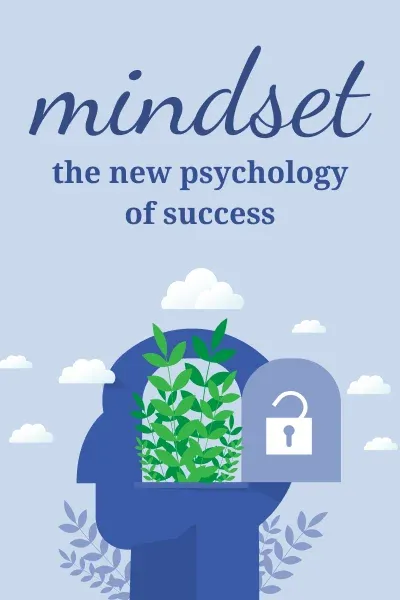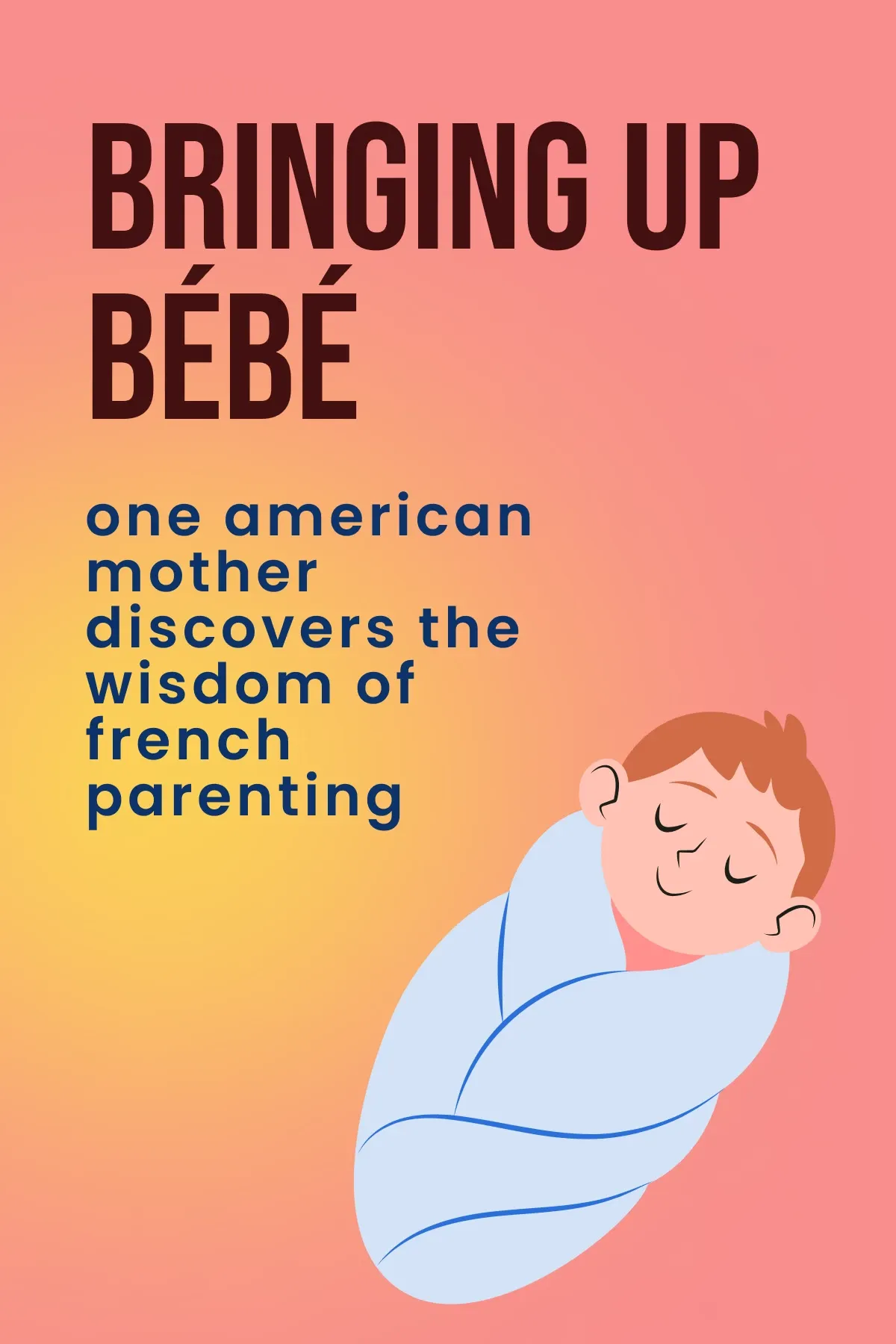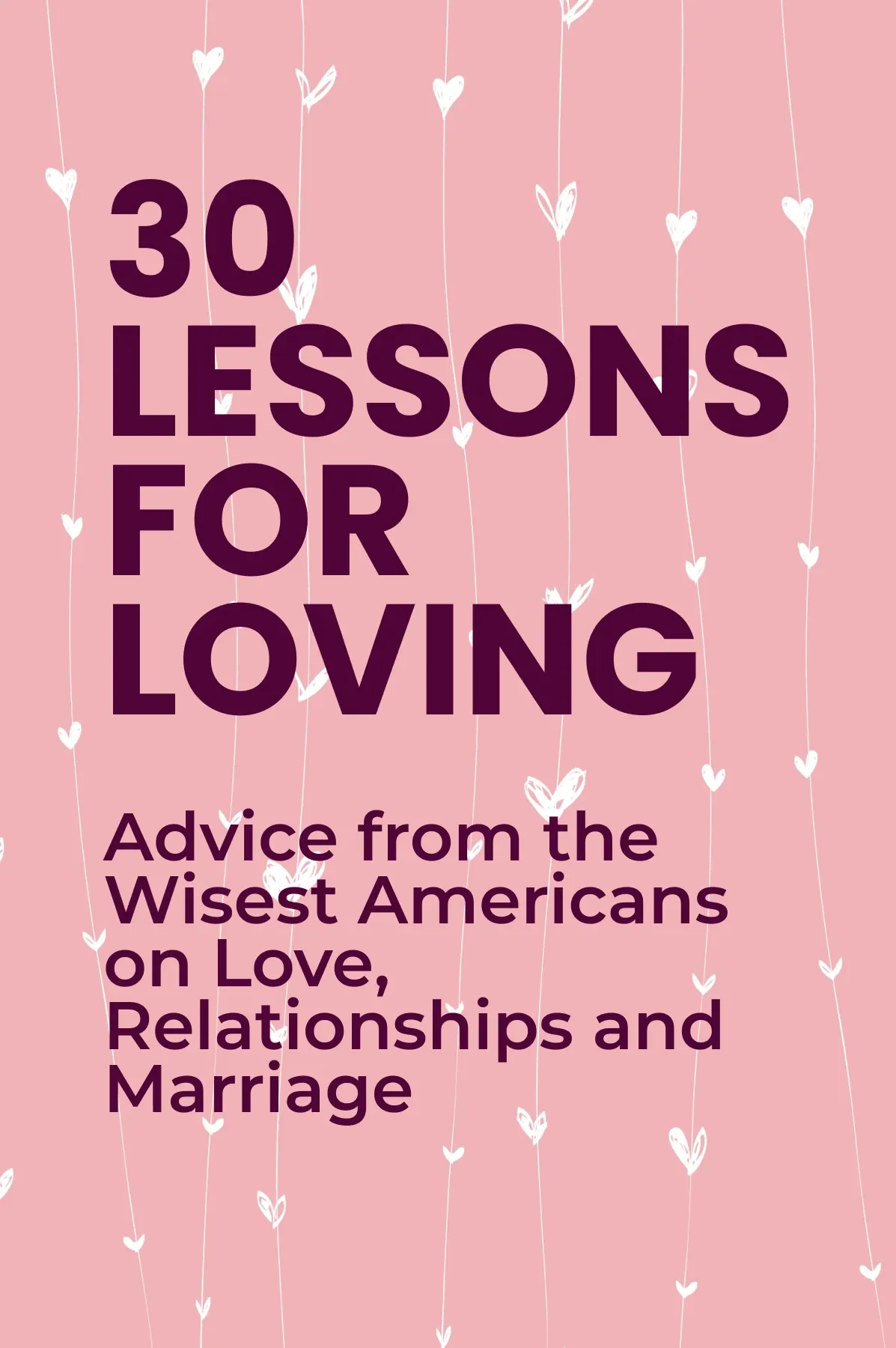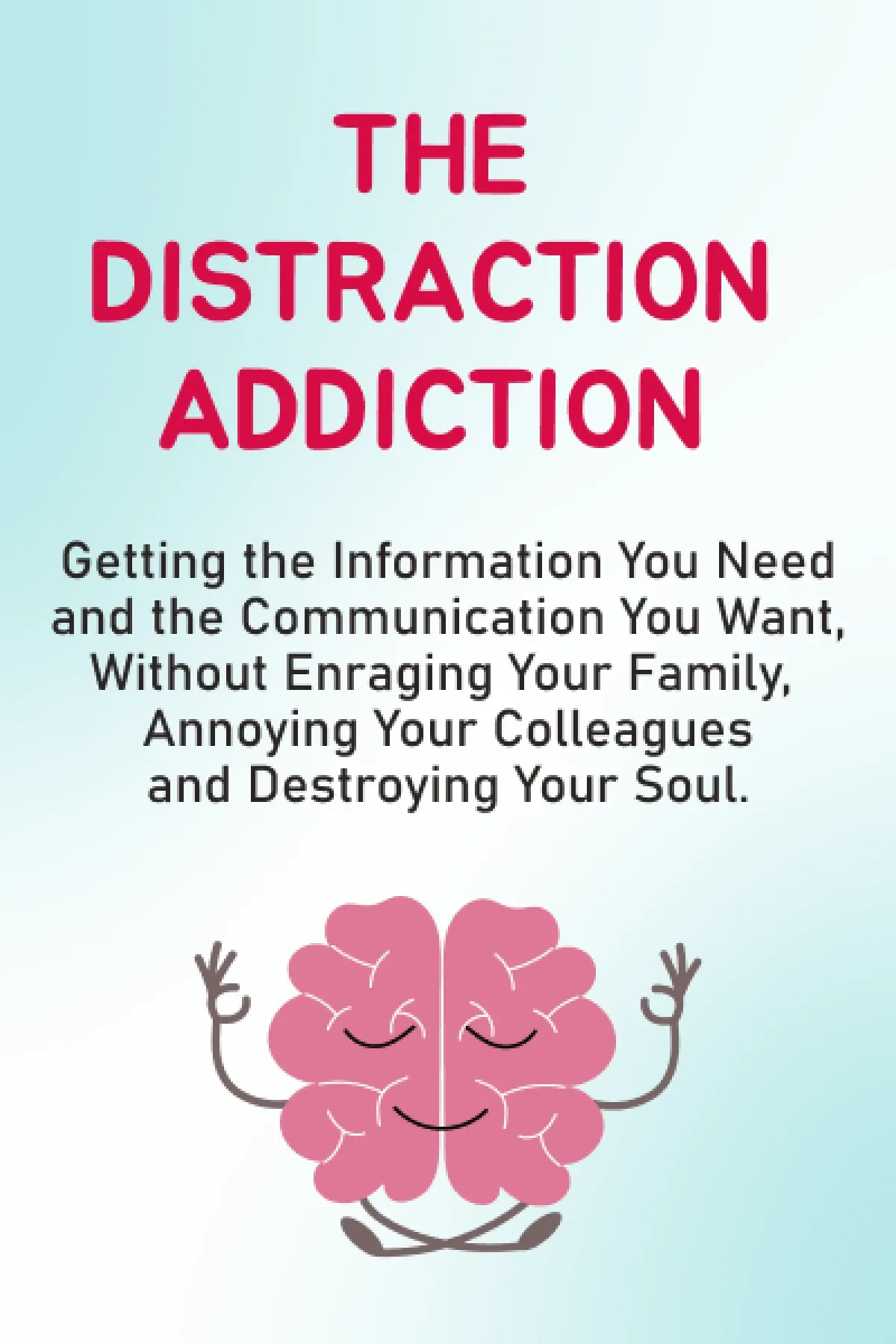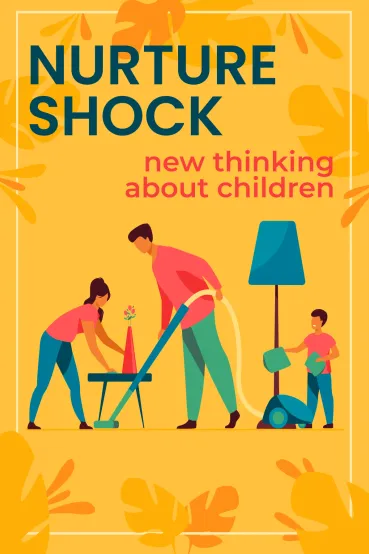
Nurture Shock
Brief Summary
Why doesn't praise boost children's confidence but seems to do the opposite? How does sleep deprivation really affect young brains? Which indicators show that siblings will have good relationships in the future? “Nurture Shock: New Thinking About Children” by Po Bronson and Ashley Merryman will show us these insights and many more.
Key points
Key idea 1 of 7
Frequent praise can harm a child's confidence. Even kids who excel on traditional intelligence tests tend to undervalue their capabilities. Surprisingly, they downplay their effort and overestimate their need for help from others.
Traditionally, praising seems to be the resolution to this issue. We tell our children that they're intelligent and capable of boosting their confidence. Yet, this practice could lead to underperformance. Excessive and undeserved praise can demotivate children. Furthermore, it may discourage them from persisting.
Carol Dweck's study on human motivation found that praising a child's effort can lead to greater success, unlike praising their results or abilities. The key factor here is control. Children can regulate the effort they invest in their tasks. But they can't do so with their innate intelligence.
Moreover, Stanford University and Reed College analyzed a massive 150 studies on praise. It revealed that excessive praise shifts a child's motivation from the challenge of a task to seeking praise. Their efforts on demanding tasks were diminished by acknowledging their success or talents.
Ultimately, the effective praise should be honest and effort-oriented instead of talent-oriented. It also has to be specific, acknowledging the hard work put into a task. It is also important to make your praise intermittent to encourage children's perseverance through tough times without constant reward.
FAQ
You may also like these summaries


